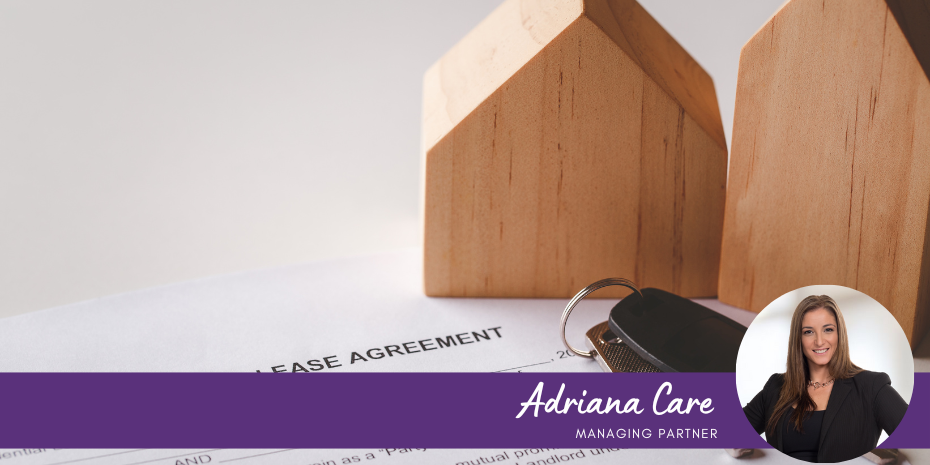KEY TAKE-OUTS:
- The 0.25% deposit is a standard amount paid to a Real Estate Agent when a property is purchased, typically during the cooling-off period.
- The deposit is intended to cover expenses if the purchaser decides to rescind the contract during the cooling-off period.
- The deposit is usually paid in full and is not typically paid in instalments, however, a deposit bond can be obtained if the purchaser does not have the funds for the deposit.
- Vendors may also request the release of the deposit before settlement for various reasons such as purchasing another property or financial difficulties.
What is the 0.25% deposit that the real estate agent asks for when I am purchasing a property?
The 0.25% deposit (0.25% of the purchase price) is usually paid to the agent when a purchaser wants to exchange contracts. This is paid when the contracts are exchanged under a cooling off period. If the contracts have been exchanged under a cooling off period and the purchaser rescinds the contract during that time, this amount is automatically paid directly to the vendor and the property is placed back on the market. The cooling off period is to allow for the purchaser to obtain their pest and building reports, for their conveyancer to review the contract for them and to allow time for the purchaser to obtain loan approval from their lender. Some reasons for the purchaser rescinding the contract during the cooling off period may be a simple change of mind, finance not approved, or they may not be satisfied with the results that their pre-purchase inspections revealed. The Vendor does not have the same rights to rescind as the purchaser when contracts are exchanged on a cooling off period.
Can I just pay a 0.25% deposit and the remainder on settlement?
It would be very unlikely for a Vendor to agree to this. The balance of the agreed deposit (whether it be 5%, 10%, or another amount agreed between the parties) must be paid to the real estate agent on or before the cooling off period expires. If there is no agent involved in the sale, the deposit is generally held in the trust account of the vendor’s conveyancer/solicitor.
Can I pay to a 5% instead of the usual 10%?
Due to the average property value being quite high, it is even harder to save for that initial 10% deposit, especially for first home buyers. However, the deposit does not necessarily have to be the full 10% of the purchase price at exchange, or once the cooling off period expires. There are a lot of purchasers paying 5% deposit in lieu of the full 10%. It should, however, always be requested to see whether the vendor will agree to a reduced deposit.
Why would a vendor not agree to a reduced deposit?
Even though there is a special condition in most contracts which states that in the event that the purchaser only pays a 5% deposit that the remaining 5% is payable on settlement or on default, so in the event that the purchaser can’t or won’t proceed to settlement, the issue is that there is only a 5% held by the agent which the vendor can access immediately. The reason that they have asked to pay a 5% deposit may mean that this is all the purchaser has, so if the purchaser does not proceed, it is not likely that they would have another 5% of the purchase price available to pay to the vendor. It may be the case that the vendor would need to sue the purchaser for the other 5% which would become very time consuming, and the vendor would incur additional legal expenses.
What is a deposit bond and how can I obtain one?
In some cases, the purchaser will not have the funds to pay the full deposit. In this circumstance you may ask the vendor if they agree to a deposit bond. Essentially a deposit bond is a guarantee that the underwriter will pay the deposit to the vendor in the circumstance the purchaser cannot or does not complete. If agreed upon by the vendor, deposits can be obtained through most lenders through an application process.
I am selling, and do I need to have my deposit released before settlement?
This answer to this question will depend on the terms of your contract and the circumstances of the sale (eg separation or a deceased Estate property).
Most contracts include a special condition which states that should the vendor require part, or all of the deposit released prior to settlement, that it the purchaser agrees for it to be released prior to settlement.
What would a Vendor need their deposit released for before settlement?
It may be any of the following reasons:
- That the vendor is purchasing another property and needs to pay the deposit or stamp duty on a property;
- The Vendor may be moving into a rental and requires a bond to be paid;
- The Vendor may need to store furniture or pay removalist/relocation fees up front;
- There may be a mortgage or caveat registered on the Vendors property and in the event that the vendor has sold for a loss, or the caveat or mortgage has increased, the deposit might be needed in order to pay these out on or before settlement.
It is important that you inform your conveyancer at the time of preparing your contract if either of the above will apply to you, or if there is any other reason that you think you may need an early release of deposit.
Will my deposit be invested and what is the process?
For contracts that have a 28 day to 12 month settlement, generally, the answer would be no, however, this would depend on the terms of the contract prepared by the vendor’s Conveyancer/Solicitor.
If you are purchasing unregistered land and/or off the plan which can sometimes have a sunset date of 2 to 4 years, or an extremely delayed settlement for any other reason, the money that has been paid for the deposit may be invested and this depends on the terms of the contract that you have entered into.
If the contract, provides for the deposit to be invested, the deposit holder (usually the vendor’s solicitor or agent) will open an interest-bearing account with a bank. Any interest earnt is payable to the parties equally, after deduction of all proper government taxes and financial institution charges and other charges on settlement.
ABOUT AMY DUGUID:

Amy joined the Coutts Lawyers and Conveyancers team in 2020 as a Licensed Conveyancer and Justice of the Peace in our Camden office. She was born in Camden and has been based in Camden most of her working life, therefore has created strong personal and working relationships in the local community and enjoys giving back to her hometown.
Amy brings 20 years of conveyancing experience to Coutts and is dedicated to guiding her clients throughout the selling and buying process.
Amy Duguid
Licensed Conveyancer & JP
info@couttslegal.com.au
1300 268 887



